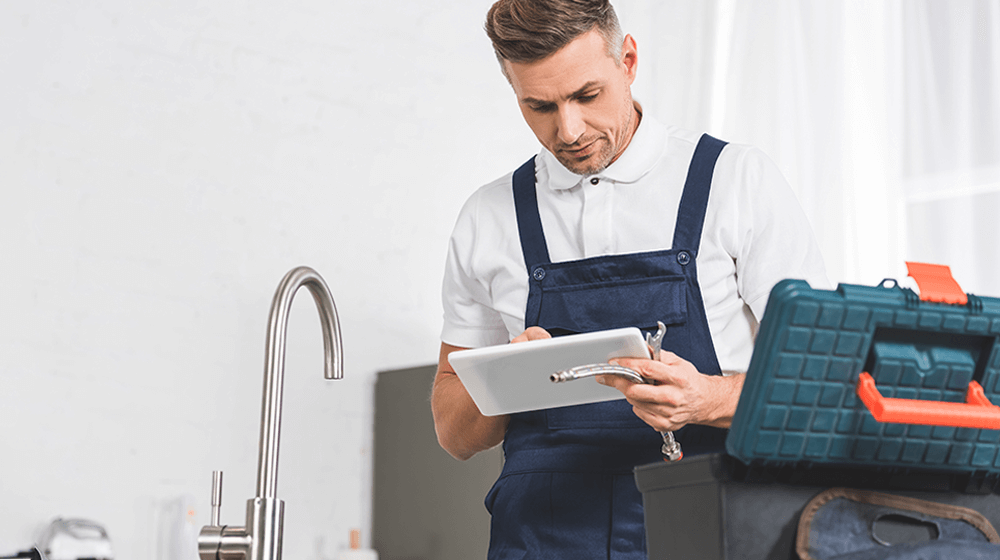If you’re interested in becoming a licensed plumber, there are a few important steps you need to take. In the Plumbing License Guide, we will provide a comprehensive overview of the process of obtaining a plumbing license, including the requirements, exams, and steps you need to take to become a licensed plumber.
Requirements for Obtaining a Plumbing License:
- Education: Most states require aspiring plumbers to complete a certain amount of education before they can become licensed. This may include completing an apprenticeship program or attending a plumbing trade school.
- Experience: In addition to education, most states also require plumbers to have a certain amount of on-the-job experience before they can become licensed. This typically involves working as an apprentice under a licensed plumber.
- Exams: Once you’ve completed your education and gained the necessary experience, you’ll need to pass a licensing exam. The exam will typically cover topics such as plumbing codes and regulations, safety practices, and plumbing installation and repair.
Steps to Obtaining a Plumbing License:
- Research your state’s requirements: Every state has different requirements when it comes to obtaining a plumbing license. Research your state’s requirements to ensure that you meet all the necessary qualifications.
- Complete the required education: Once you know your state’s requirements, you can begin completing the necessary education. This may involve attending a plumbing trade school or completing an apprenticeship program.
- Gain the required experience: After completing your education, you’ll need to gain the necessary on-the-job experience. This typically involves working as an apprentice under a licensed plumber.
- Take the licensing exam: Once you’ve completed your education and gained the necessary experience, you can take the licensing exam. Be sure to study thoroughly and prepare for the exam.
- Apply for your license: After passing the licensing exam, you can apply for your plumbing license. Be sure to fill out all the necessary paperwork and pay any fees required by your state.
Maintaining Your Plumbing License:
Once you’ve obtained your plumbing license, you’ll need to keep it current by renewing it periodically. In most states, plumbers need to renew their licenses every few years and complete continuing education courses to stay up-to-date on the latest plumbing practices and technologies.
Conclusion:
Obtaining a plumbing license is an important step towards becoming a skilled and successful plumber. By following the steps outlined in this Plumbing License Guide, you can ensure that you meet all the necessary requirements and pass the licensing exam. With a valid plumbing license, you’ll be able to work as a professional plumber and take advantage of the many job opportunities available in this essential trade.
